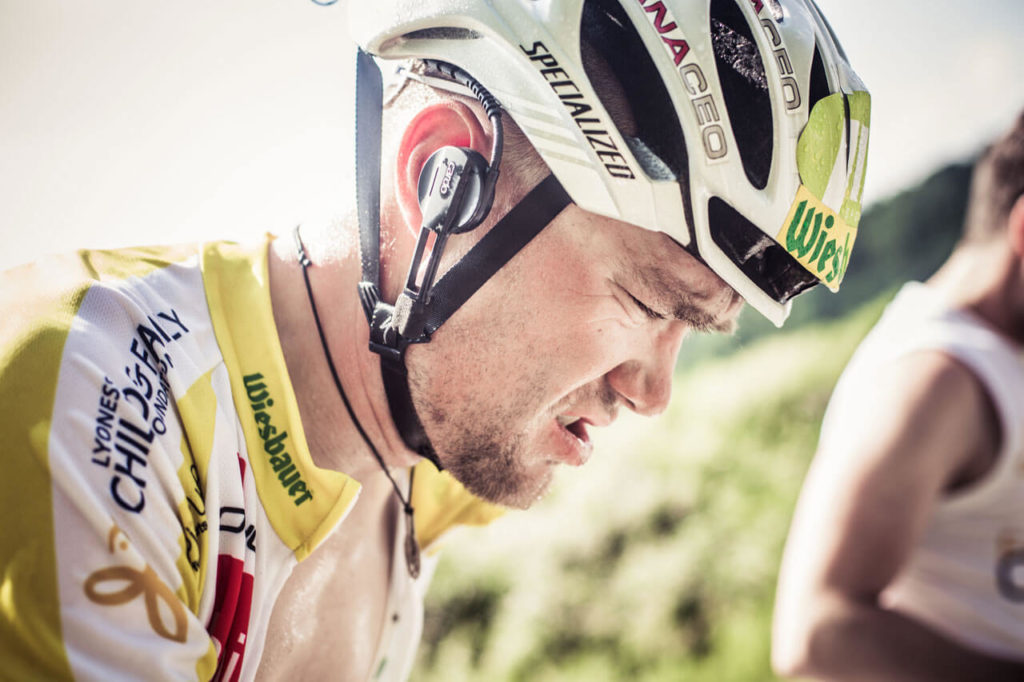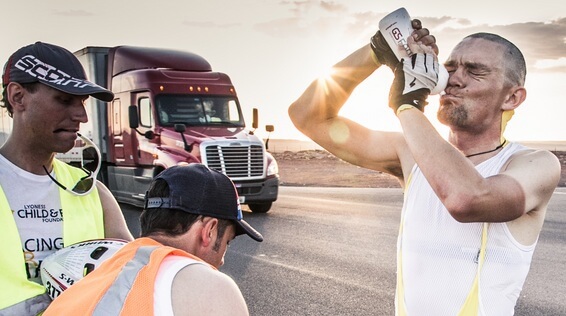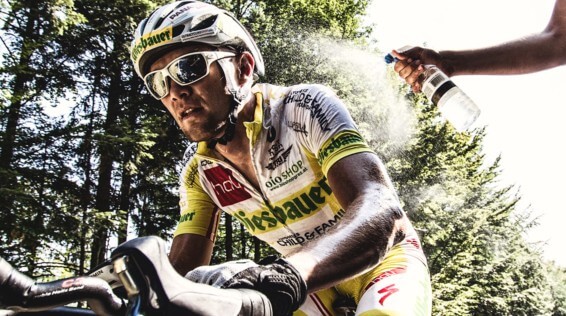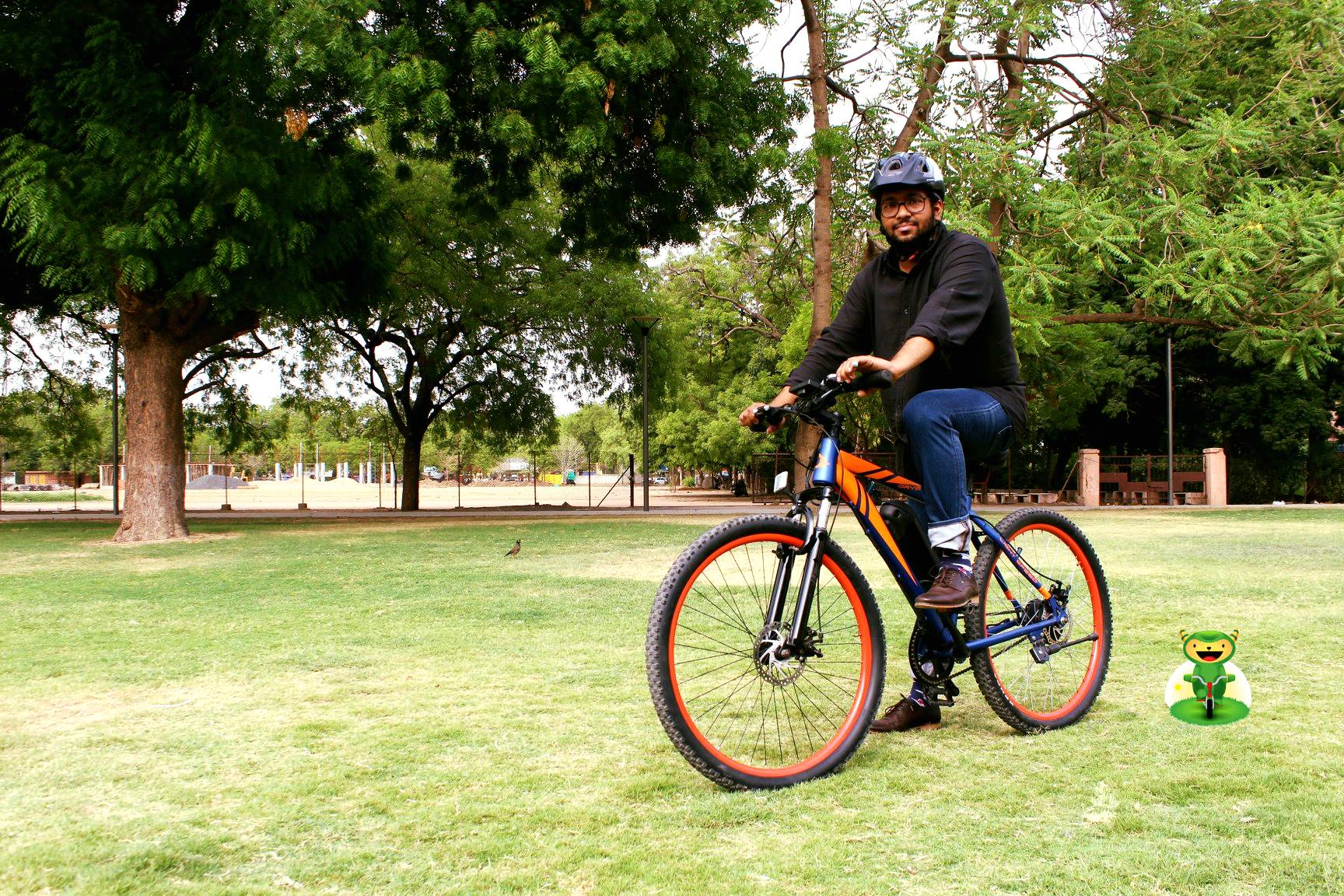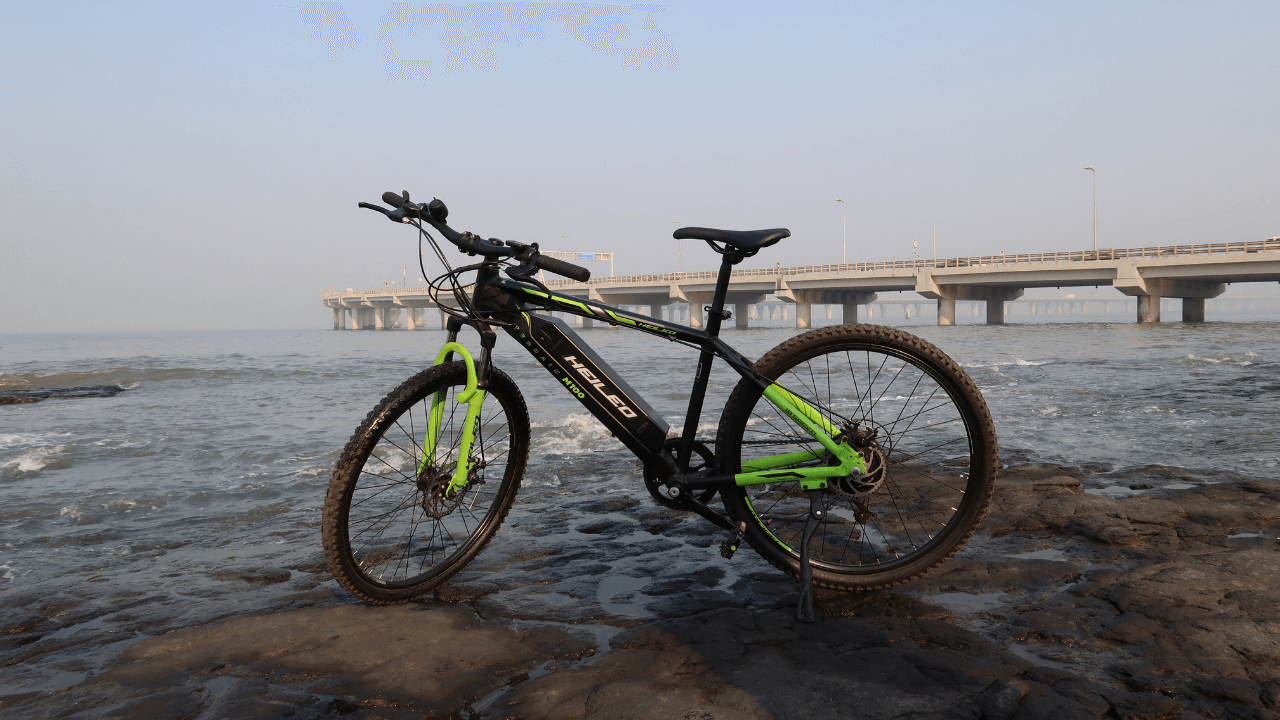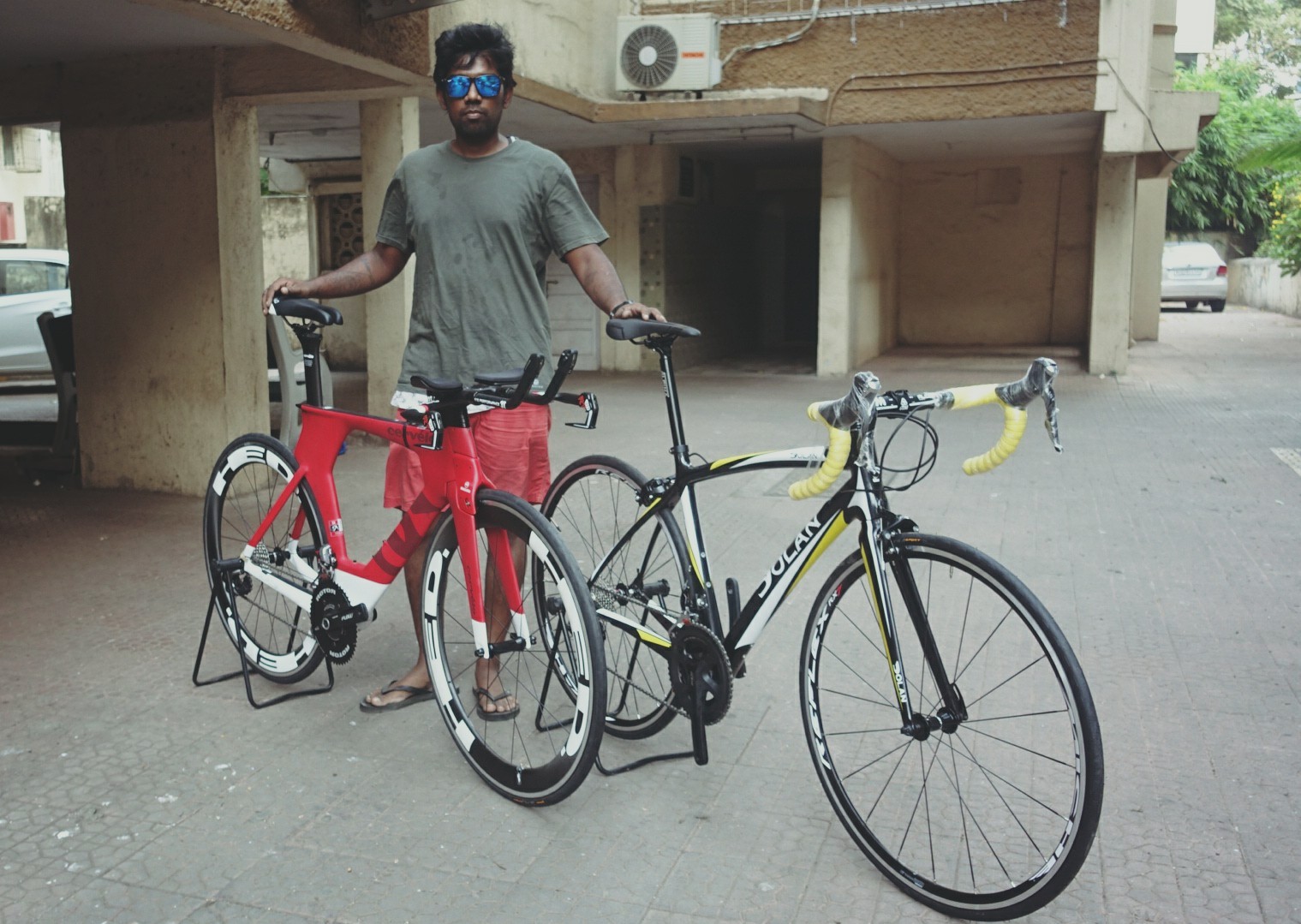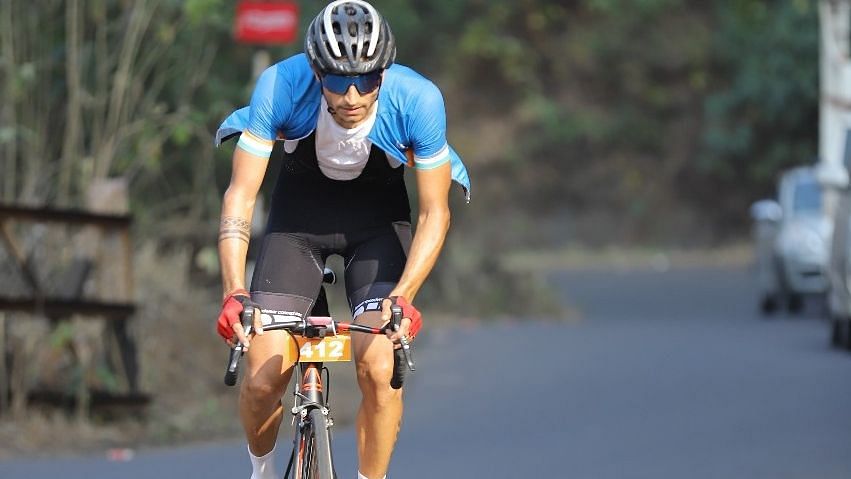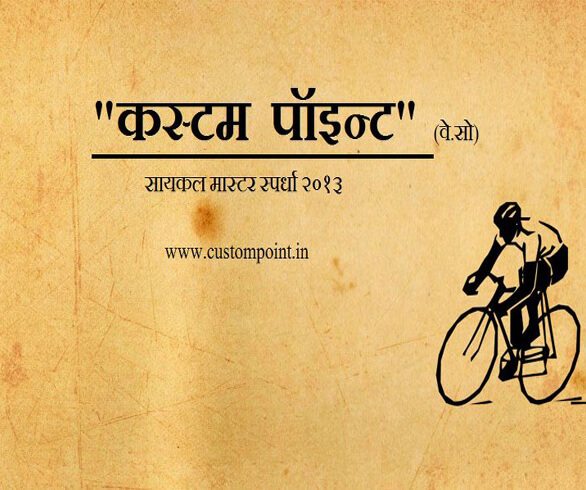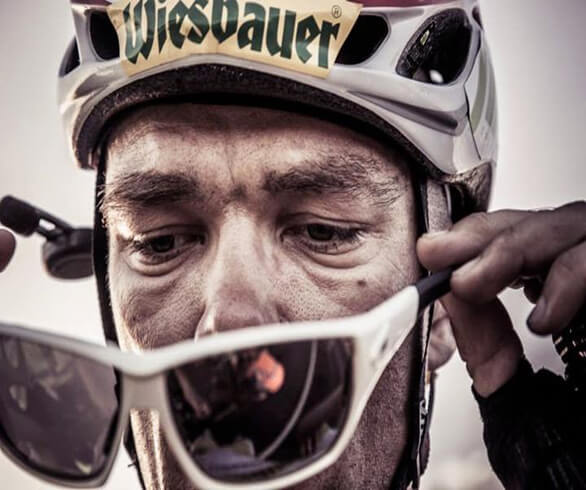
Take a look at some of the questions that we asked Christoph Strasser on his journey at RAAM:
1. Tell us something about you and your crew dynamics?
This would fill a whole book… The short version is that I am not an egoist, I am a team player and I am very much dependent on my crew. The better they work, the faster I am, and I am very thankful for their support. They obviously enjoy supporting me, otherwise they would not come with me every year. The most important thing in RAAM is to have an experienced crew of good friends, you need to trust them a 100% and let them decide everything. Their job is leading me, my job is only pushing hard. If you think that the strongest athlete wins, you are wrong. The team can at least cost or save you one day, when 2 athletes are at the same fitness level. Christoph Strasser states that, My goal is to keep my crew together, then the rest will follow and my motivation is high.
2. How are the responsibilities shared within your crew is it fixed or rotated?
The crew changes in day and night shift, so every half day they are changing in the follow car. Three of them are always there, after some hours the next three are coming into the car. It is important to have a mechanic, a physiotherapist or doctor and a driver and navigator in the car all the time.
3. How does it feel breaking your own record?
Nice, very nice. But it feels much better to know, that you have given your very best and not to think: I could have done better, maybe I did not really fight until the finish. I can still improve in the future, why not? But at my actual fitness level and my actual possibilities, I can proudly say: This was the best race possible and I did not save any energy. I gave all I could!
4. How did you manage to keep yourself cool from the desert heat?
Cooling vests, 30 litres of liquids in the first 24 hours, a special jersey from my gear-sponsor “owayo”, and ice cubes under the jersey and in the helmet.
5. What were some of the tricks your crew played on you to go those extra miles?
They told me before the race, that they will maybe not support me in the future any more, if I do not give it my best. They only support a real fighter. They do not put pressure on me, but motivate me by offering me further support if I push as hard as possible. If I had problems, that is still okay. But it would be not okay if I started slowing down just for lazyness because of having a big lead.
6. How often did you consume fluid as you follow a strict liquid diet for RAAM?
All the time! 12000 up to 15000 kcalories per day in 20-30 litres (depending on the temperature).
7. How difficult was it to ride with that Achilles tendon pricking you while pedalling?
It was not really slowing me down, it was just hurting. But I was afraid that the pain could become too tough. But my physio did some treatments while I had my sleep breaks and it got better after that again.
8. Which was the hardest part of RAAM for you?
The last day in the Appalachians. I was too sleep deprived and lost the sense of reality, as always in that area. It was very hot and humid too, so I could not drink too much and got a little bit dehydrated. I was very confused, did not understand that this was a race and that we were on the right way. I was crying like a little baby, because I thought I made a mistake and the race was over. But everything was okay, I was still riding hard even if I did not know where I rode to. My crew was here and I knew as long as they are on my side I was safe. I was fighting, even I did not understand what for… The Appalachians are like hell, so steep, so hot, so countless amounts of ascents, and you are so tired. A tough combination!
9. How did you manage to deal with the fatigue and knee pain that crept in during the race?
The tiredness is a topic of teamwork. Let me give you an example: If you drive your car on a lonely highway late at night, you have 200km to go and you get tired. It gets very tough to cope with that tiredness and avoid falling asleep. But now imagine you have a crew next to you, who are making jokes, playing music, tell you about the race, reading you entries from the website’s guestbook and wear funny clothes. You will definitely not fall asleep and think about your knee!
10. We noticed you lost your voice in one of the videos posted by your crew how did you manage that? What was the cause? Do all riders go through such issues? Can you name a few other issues?
Many causes: dry air, a lot of dust, talking too much. Next day after finish the voice came back. The problem of losing your voice is not that your throat hurts, but that you are not able to tell your needs and problems to the crew anymore. You can not join a funny conversation any more and feel very lonely – which causes tiredness!
11. What does your recovery include?
Eat and sleep, eat and sleep, eat and sleep. And in the breaks during that, have a drink and go for a party, enjoy life and enjoy yourself. Recovery is very much in the mind, you should do what you like to do and not think too much about the negative aspects of drinking beer or something.
If you have special issues, like numb fingers, or numb toes, hurting knees or something – you must of course do therapy and special recovery treatments. But if you have no big issues, have fun!
13. What makes specialized so special and which one is you personal favourite? The Specialized Shiv or the Roubaix?
Both of them are great on different terrains, I would not want to change them for any different bike. I love the companies philosophy of offering the whole range of shoes, helmets, saddles and bikes, everything perfectly fitting your body.
The shiv is very fast and the Roubaix very comfortable. You can fit the shiv-bike on a similar position like the Roubaix, so your back will have no problems and no pain. If you are sitting too deep and too aerodynamic, you will soon get problems on your neck and back after some hours.
14. As a finisher/record holder (RAAM) what advise do you have for rookies?
Be patient, try to race and train, but give yourself the chance to fail. Nobody is perfect on the first try. Give it your best, and when you fail or DNF then learn from it and do it again!
15. Is there something you want to say to your fans?
Christoph Strasser states that, Thanks for supporting me, and you know what? Winning titles is nice and satisfying for some short time, but the one thing that counts much more is motivating and inspiring people. A lot of guys, children and even families are sending me messages, that they started to ride a bike again, started to go for their dreams again, or children want to ride to school on their bike. Having such response is worth much more than winning all the races in the world. You motivate me during a race, and I can give you back some motivation. Win-win, so isn’t this great?
Courtesy:
- Christoph Strasser
- Tracy Alvares
- Hitisha Mehta
- Kailas Patil



